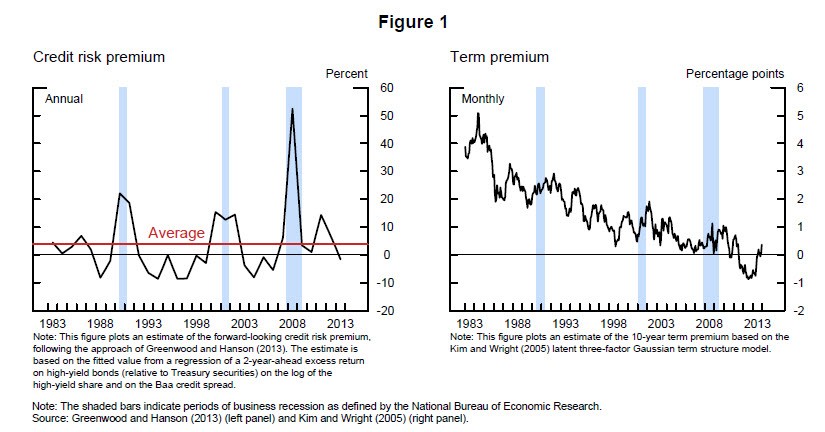Highyield Bonds Showing Highrisk Side
Post on: 12 Апрель, 2015 No Comment

As a shocked Wall Street watched giant Campeau Corp. struggle to avoid defaulting on its debts, one market analyst said what many of his peers probably thought: «Why do you think they call them junk bonds?«
Highly leveraged junk-financed deals, such as Campeau`s acquisitions of Allied Stores Corp. and Federated Department Stores Inc. are getting harder to make. Indeed, many on Wall Street consider the upheaval to be a plus. Not so the holders of the high-yield bonds and stockholders of the companies that issued them.
What`s more, $8.3 billion of new high-yield debt, representing 36 companies, is scheduled to be issued soon, according to First Boston Corp.
The bond market shakeout could contribute to a significant stock market decline if investors flee the once-favored stocks of takeover targets. Worst- case scenarios also put at risk major banks and savings and loan associations that finance highly leveraged deals or hold junk bonds as investments.
«This was going to happen,« said J. Ira Harris, senior partner of Lazard Freres & Co. in Chicago. «The question was when, not if. When you have a prospectus that says that earnings from operations, both from existing operations and planned operations, will not create enough income to pay the debt and the interest and it will take a sale of assets to be able to service it, it`s a question of when, not if.«
Harris likened the bond upheaval to «sitting in a house in the middle of winter, and you keep throwing the furniture into the fireplace to keep yourselves warm. You run out of furniture. You finally get down to stuff that won`t burn, and then you`re in trouble.
«Many of these deals have been put together based on the thesis that pieces of the company will be able to be sold to other people for big prices, which will enable the debt to be paid down and enable interest costs to be reduced. It`s the greater fool theory, to a large extent. Eventually, somebody decides they don`t want to buy anymore.«
That`s pretty much what happened last week. Prices of corporate junk-bond debt fell sharply as investors became increasingly worried that Campeau`s problems were not isolated. Specifically, Wall Street worried that problems with junk bonds could drive down the value of even investment-grade debt and cause stocks to fall as well.
«Junk bond« is Wall Street jargon for bonds that are too risky to be rated as investment grade by major services, such as Moody`s Investors Service Inc. and Standard & Poor`s Corp. Traditionally, there was little market for bonds that could not be rated as investment grade. That changed in the 1980s, as Drexel Burnham Lambert Inc. and its bond guru, Michael Milken, promoted junk bonds as a way of financing corporate takeovers.
Some say Milken`s absence from the junk-bond arena is helping depress the market. Milken has pleaded not guilty to criminal charges arising from his work at Drexel.
The missing ingredient in the future won`t be the desire to do such deals, but the kind of person who can put them together, said Richard Lehmann, president of the Bond Investors Association. Without Milken, or somebody to play his dealmaking role, companies won`t be able to arrange junk-financed buyouts, Lehmann said.
Last week, even Milken agreed with that, to a point. In a speech in New York, Milken said that the potential value and uses of high-yield bonds have not changed, but the perception of the marketplace has.
«You have to adjust your product to the marketplace,« Milken said, and recognize that the public wants more equity and less debt in deals.
As with most investments, there is an active secondary market for junk bonds. As worries about a given company grow, the risk of its junk bonds is perceived to be greater, so the price of those bonds falls. The reverse is true as a company`s bonds are perceived by investors to be less risky. So the market yield of a junk bond may be smaller or greater than the interest rate, or coupon rate, at which the bond was issued.
Consider a sampling of activity in the last four weeks. Resorts International Inc. Integrated Resources Inc. Zapata Corp. and Seaman Furniture Co. defaulted on interest payments. Moody`s said it may downgrade its ratings of the high-yield bonds of Beatrice Co. and its subsidiaries, because a recently proposed recapitalization plan could leave the company short of cash to meet its debt obligations.
The Seaman incident was especially notable, because the company recently was acquired by Kohlberg Kravis Roberts & Co. a pre-eminent leveraged buyout group that has made liberal use of high-risk bonds. Another Kohlberg acquisition, SCI Television Inc. is having similar problems paying interest on its junk bonds.














